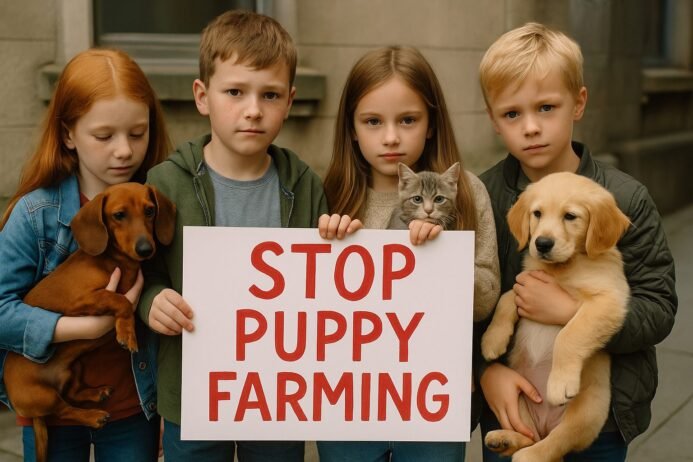Lucy’s Law
- 8 December 2024
- BuyAPet Editorial Team
- BuyAPet User Articles (Support), Pet Law
UK puppy & kitten welfare
Lucy’s Law: What It Means for Puppies & Kittens
Lucy’s Law (in force in England) bans the commercial third-party sale of puppies and kittens under 6 months. That means they must be bought directly from the breeder or from an approved rescue/rehoming centre—not via dealers or pet shops.
- ✓ Always meet the breeder (or rescue) in person
- ✓ See mum with the litter and check living conditions
- ✓ Review microchip, vaccination and vet records
- ✓ Avoid anyone offering to deliver or sell via a third party
Rules differ in Scotland, Wales and Northern Ireland—check your nation’s guidance.
Why Lucy’s Law was introduced
The law tackles low-welfare breeding and the trade in very young puppies and kittens being sold through third-party sellers. Buying directly from breeders or rescues improves welfare and transparency.
What the law does
- Bans third-party sellers from selling puppies and kittens under 6 months
- Requires sales to take place directly with the breeder or an approved rescue
- Encourages in-person checks: meet mum, see living conditions, verify records
Buying the right way
At the breeder/rescue
- ✓ View mum with the litter
- ✓ Check microchip registration and vaccination history
- ✓ Ask about health tests and socialisation
Paperwork
- ✓ Written sale/rehoming agreement
- ✓ Vet/health checks and worming schedule
- ✓ Clear return/aftercare policy
Red flags & how to report
- Seller refuses an in-person visit or won’t show mum
- Offers to deliver to a car park or neutral location
- Inconsistent paperwork or pressure to pay quickly
Report concerns to your local authority/Trading Standards or recognised animal welfare charities. If fraud is suspected, contact Action Fraud.
FAQs
Can I still buy from a pet shop?
Not puppies or kittens under 6 months from third-party sellers. Buy directly from a licensed breeder or adopt from a rescue.
Does Lucy’s Law cover older animals?
The ban applies to puppies/kittens under 6 months. Good practice still applies when rehoming older animals.
Do I need to meet the breeder?
Yes—meeting in person (and seeing mum) is essential to comply with the spirit of the law and protect welfare.
This page is general information and not legal advice. Check official guidance for your nation in the UK.
